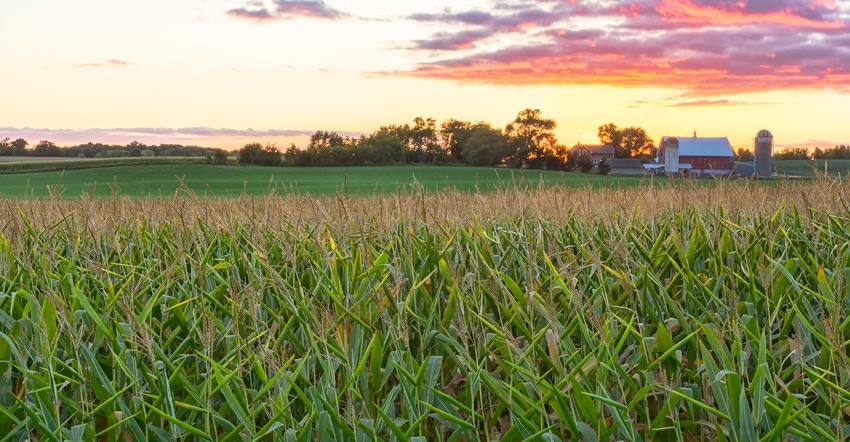January 4, 2022

I have many conversations with clients about selling real estate. During these conversations, it is valuable to explore the option of a 1031 “like-kind” exchange.
In some cases, a 1031 exchange can be a great tool to avoid the recognition of capital gain tax on the sale of real estate.
In a 1031 exchange, investment property, such as farmland, is sold, and a like-kind property is purchased. The property must be investment property or property that is used in a trade or business. The replacement property needs to be identified within 45 days of the sale, and the closing on the new property must happen within 180 days of the sale.
The term like-kind, as used in the 1031 exchange rules, is broad. For example, if farmland is sold, the replacement property type possibilities include other farmland, industrial property, retail property, apartments and commercial property.
Details matter
When entering a 1031 exchange, the seller should pay attention to the details of the property being exchanged. For example, crops, equipment, machinery, vehicles and livestock cannot be included in the 1031 exchange. Also, if there is a home, farm building or grain bin site on the farmland, then it is possible that some of the property will qualify for the 1031 exchange, and some will not.
As it relates to the home, if it is used for personal use, the value of the home would not qualify for the 1031 exchange. If the home is rented out or is occupied by a worker or caretaker, the home would qualify under the 1031 exchange rules.
Check method of depreciation
If there are farm buildings on the land, it is necessary to determine how these were depreciated. For example, livestock buildings and grain bins are considered single-use assets. These are depreciated differently than farmland and are considered Section 1245 property. These types of assets must be swapped for other 1245 property value. If these are not swapped for Section 1245 property, the value of these assets will be taxable to the seller at the ordinary income tax rate.
If there is property that does not qualify for the 1031 like-kind exchange, the transaction can still happen — but the value of the property that does not qualify will be taken out of the exchange, and the value of this property will be taxed.
A 1031 exchange can be a complex transaction. I recommended you have a qualified professional experienced in 1031 like-kind exchanges guide you through the process.
Balzarini is an attorney at law with Miller Legal Strategic Planning Centers, a division of Hellmuth & Johnson. Contact him at [email protected].
About the Author(s)
You May Also Like






